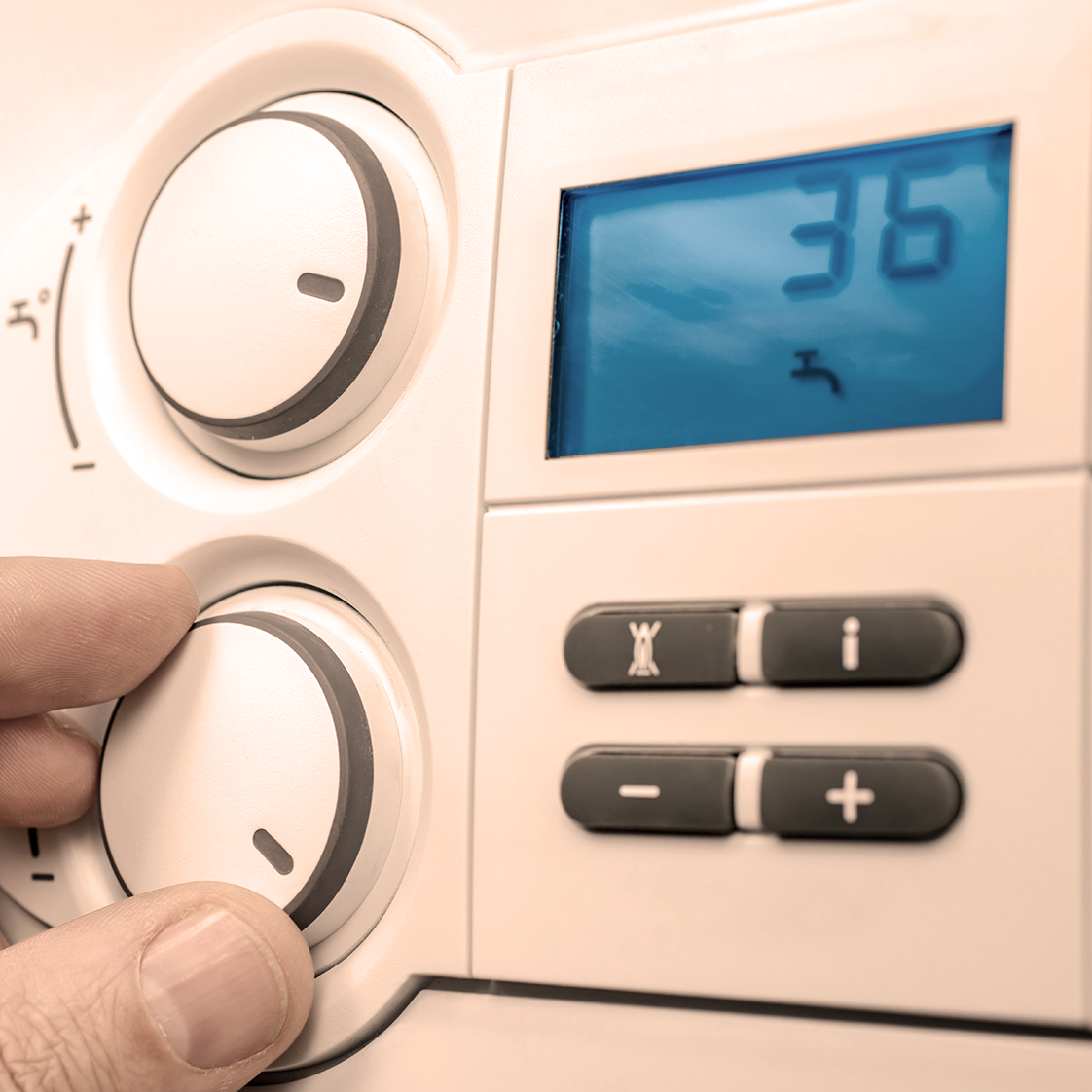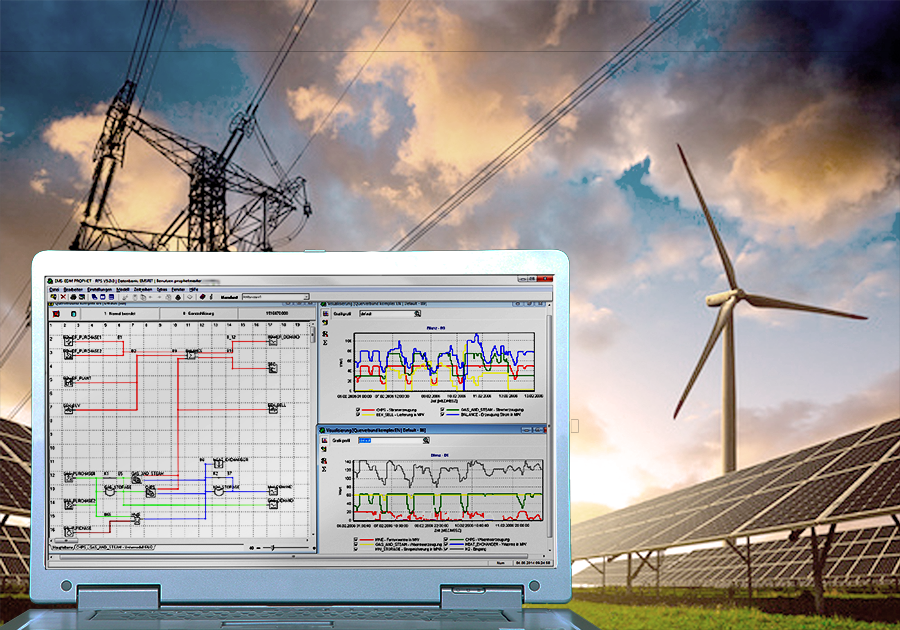Energy and sustainability
The rapid growth of the world's population presents mankind with the challenge of ensuring the supply of energy without using up natural resources and damaging the environment. Stable, efficient and intelligent supply and disposal systems are part of a sustainable economy. The intelligent networking of generation, supply, storage and consumption offers an enormous opportunity to exploit additional savings potential parallel to the development of new forms of energy generation. Variable electricity prices – which are low when there is an oversupply of energy and correspondingly high when there is a shortage – motivate private and industrial consumers to adapt their consumption to availability. Intelligent networking and efficient energy distribution can prevent system failures and minimize costs.
Smart Microgrids
Smart Microgrids network energy producers, storage facilities and consumers at the local level, thereby reducing the amount of electricity that has to be transported in a loss-making manner. Within a closed network segment, they form the central interface to the rest of the energy distribution network. With the help of a local energy management system, the integrated generators and consumers can be controlled by the Smart Microgrid. Compatible communication standards ensure the security and interoperability of the networked systems.
Sustainable use of resources includes the development of resource-conserving and recyclable products and processes. In the energy sector, information and communication technologies support the feeding of renewable energies into the grid and their intelligent distribution. However, increasing water consumption can also be regulated with the help of intelligent supply systems and optimized through wastewater treatment strategies.
Smart metering aims to achieve savings through intelligent meters for electricity, gas and water and to manage consumption according to the situation. These interactive systems enable the detailed recording of the use of individual devices, but also their control. They are connected to control centers that serve real-time communication of the measuring and switching stations in the Smart Grid. Intelligent energy distribution networks and electricity meters can increase the efficiency of energy use by providing end customers with detailed information on their consumption and the resulting costs and savings potential.
Project EMS-EMD PROPHET
Example project at Fraunhofer IOSB, Karlsruhe
The liberalisation of the energy markets requires a holistic view of the processes involved in energy supply. The energy and energy data management solution EMS-EDM PROPHET® consists of a powerful time series management, a comprehensive energy data management with modules for grid usage and balancing group management, a scheduler for the automation of business processes and an optimization and forecasting module for sustainable energy management.
Scientific publications
| Jahr Year | Titel/Autor:in Title/Author | Publikationstyp Publication Type |
|---|


